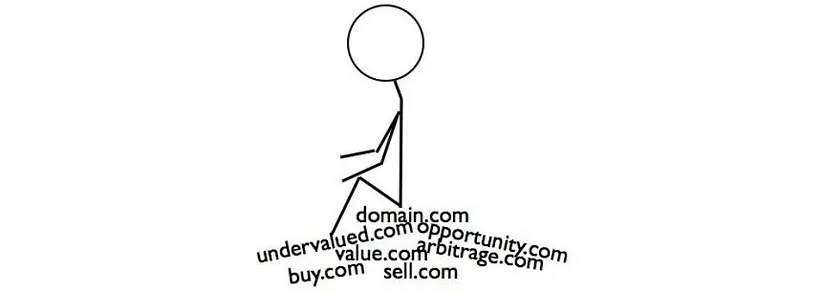
A Digital Land Grab
Domain squatting, also known as cyber squatting or domain name hijacking, is a deceptive practice where individuals or groups register domain names that are identical or confusingly similar to existing trademarks or brand names with the intent to profit from them. These digital squatters often hold these domains hostage, demanding exorbitant sums of money from legitimate owners to relinquish control.
How Does Domain Squatting Work?
The process of domain squatting typically involves the following steps:
- Identifying valuable domains: Squatters research popular brands, businesses, and individuals to identify potential targets.
- Registering similar domains: They register domain names that closely resemble the target’s name, often using variations like misspellings, hyphens, or plural forms.
- Creating misleading websites: Squatters may develop websites with content designed to confuse visitors and drive traffic to their site, potentially harming the reputation of the legitimate owner.
- Demanding payment: Once a domain is registered, squatters often attempt to extort money from the rightful owner by offering to sell the domain at an inflated price.
The Impact of Domain Squatting
Domain squatting poses a significant threat to businesses and individuals alike. The consequences can be far-reaching, including:
- Financial loss: Businesses may incur substantial costs to reclaim their domain name or to mitigate the damage caused by the squatting activity.
- Reputation damage: Squatting can tarnish a brand’s image and erode customer trust.
- Customer confusion: Misleading websites can confuse customers and divert them to fraudulent or malicious sites.
- Legal battles: Resolving domain disputes can be time-consuming and expensive.
Protecting Yourself from Domain Squatting
To safeguard your domain name and brand reputation, consider the following preventive measures:
- Register multiple domain variations: This can help deter squatters by reducing the availability of attractive domain names.
- Monitor domain registrations: Regularly check for domain names that are similar to your brand.
- Trademark your brand: A strong trademark can provide additional legal protection.
- Implement a domain dispute resolution policy: Having a clear plan in place can help you respond effectively to squatting attempts.
- Consider domain backorders: Some services allow you to reserve domain names before they become available.
The Role of Law Enforcement and Regulatory Bodies
Law enforcement agencies and regulatory bodies play a crucial role in combating domain squatting. Many countries have enacted laws to protect trademark owners and provide legal remedies for domain disputes. International organizations like the World Intellectual Property Organization (WIPO) have also established dispute resolution procedures.
While domain squatting remains a persistent challenge, vigilance and proactive measures can help individuals and businesses protect their online assets. By understanding the tactics used by squatters and taking appropriate precautions, it is possible to minimize the risks associated with this digital crime.
Note: This article provides a general overview of domain squatting. It is essential to consult with legal professionals for advice on specific situations.
Are you ready to design & build your own website? Learn more about UltimateWB! We also offer web design packages if you would like your website designed and built for you.
Got a techy/website question? Whether it’s about UltimateWB or another website builder, web hosting, or other aspects of websites, just send in your question in the “Ask David!” form. We will email you when the answer is posted on the UltimateWB “Ask David!” section.



